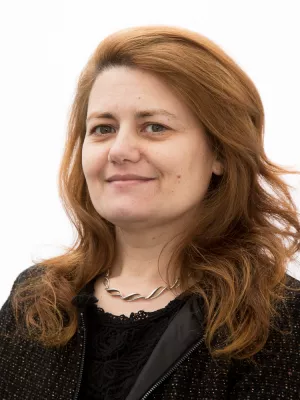
Ana Nordberg
Senior lecturer

The Role of Patents and Licensing in the Governance of Human Genome Editing: A White Paper
Author
Summary, in English
On 12 July 2021 the World Health Organization (WHO) Expert Advisory Committee on Developing Global Standards for Governance and Oversight of Human Genome Editing published a set of reports entitled Human Genome Editing: A Framework for Governance and Recommendations. These reports provide valuable advice and recommendations on appropriate institutional, national and global governance mechanisms for human genome editing. The Expert Advisory Committee’s A Framework for Governance highlights explicitly the role that patents and licences can play as a form of governance of human genome editing. The Recommendations state that the Committee ‘believes that governance measures based on patents or [other forms of] intellectual property, when used together with other tools, may help strengthen the governance and oversight of human genome editing’ [and that] ‘It will be important to avoid using patents in ways that potentially prevent others from delivering similar capabilities at a cheaper cost’. This paper responds to the recommendations of the Expert Advisory Committee and elaborates further on the role that patents and licensing can play in the governance of human genome editing. It concludes with our own recommendations on how the role of patents and licensing can be considered further in the light of the WHO Expert Advisory Committee’s reports.
Department/s
- Department of Law
- Human Rights Law
- Health Law
- Lund University Centre for Business Law (Swedish abbr: ACLU)
Publishing year
2021-07-30
Language
English
Full text
- Available as PDF - 517 kB
- Download statistics
Document type
Report
Publisher
Queen Mary, University of London, School of Law Legal Studies Research Paper Series
Topic
- Law
Keywords
- Genome editing governance
- Patent law
- Patent licenses
- Genome editing patents
- CRISPR-Cas systems/genetics
- Emerging health technology
- WHO
- Medical law
- Private law
- Patenträtt
- Medicinsk rätt
- Civilrätt
Status
Published
Report number
364
Research group
- Human Rights Law
- Health Law
- Lund University Centre for Business Law (Swedish abbr: ACLU)